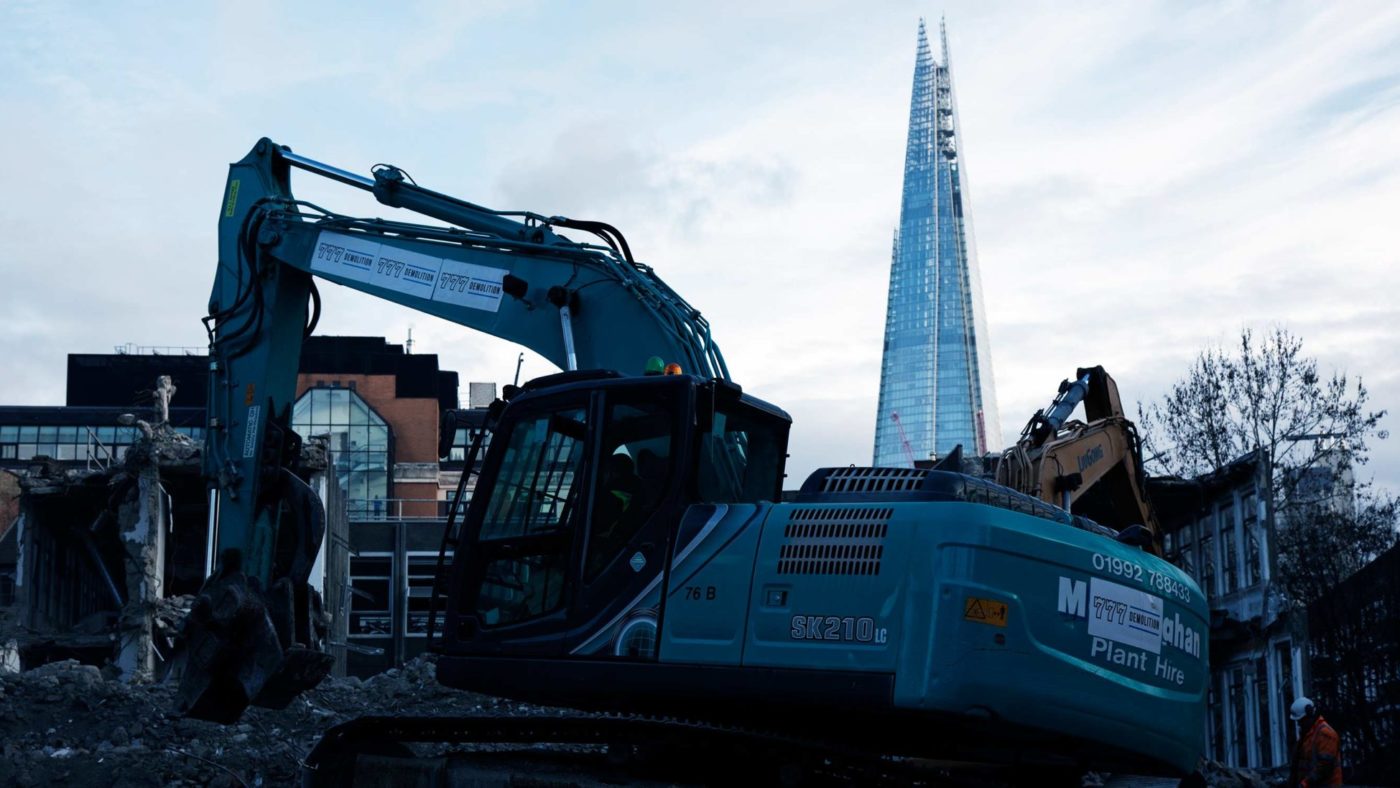Labour’s latest housing wheeze is a plan to scrap a scheme that allows office and industrial buildings to be converted into homes without planning permission. This will apparently put an end to “slum housing and rabbit hutch flats” and lead to housing becoming more affordable.
Now, improving the quality of housing and making it more affordable are good things. People being forced to live in squalid and unsafe conditions by unscrupulous landlords who refuse to repair their properties is a bad thing.
Unfortunately, Labour’s proposal will do nothing to solve either problem. In reality, it will almost certainly make things worse.
Let’s start with affordability. Why is housing so expensive in the UK? Anyone familiar with this site will already know the answer. Housing is unaffordable in this country because supply has failed to keep up with demand. There are numerous regulations about the types of buildings which can be built which means that we are not building enough houses to keep up with the number of people who want to buy or rent one. In fact, a by Hilber and Vermeulen found that the largest impact on house prices was caused by the regulatory constraints imposed by the planning system on development.
It is not just regulations about what can be built which is the problem. Another major issue are the regulations about where homes can be built which are forcing up house prices. For example, research conducted by Cheshire and Sheppard demonstrates that regulations relating to Green Belts are a factor as to why housing affordability in the UK compares unfavourably with other developed countries.
Then there is stamp duty. As I wrote back in February it gums up the housing market and discourages older people from downsizing, reduces the stock of suitable houses and ultimately means that housing remains unaffordable.
Now we’ve identified the problem, the solution should be obvious: we need to build more houses. Liberalising the planning system to remove some of the restrictions about the types of homes which can be built and where would make a huge difference. For example, a paper from the Adam Smith Institute found that simply removing restrictions on land within 10 minutes’ walk of a railway station in London’s Green Belt would allow the development of 1 million more homes.
Why are we living in one of the richest countries on the planet and yet people are still forced to live in dreadful and dangerous conditions? It’s because we’ve created a system where unethical landlords feel as though they can get away with it.
A restriction on housing stock caused by excessive regulations not only increases prices, it also reduced tenant choice. Sadly, the choice which many people face is between a dingy bedist or the streets – and landlords know this. In practically any other area of life, if you do not like the quality of a service then you take your custom elsewhere. Don’t like the way the barista served you in the morning, then you go a different cafe. That chain has stopped selling coconut water, then you go somewhere that still sells it (or start an unsuccessful Twitter campaign). Consumer choice and competition means that businesses are forced to innovate and to provide the high quality goods and services which people actually want. Those that don’t go out of business.
Obviously, housing isn’t quite the same as buying a loaf of bread or ordering a coffee. Our homes play an integral part in our lives and are essential for our physical and mental wellbeing. However, having something which more closely resembles a free market in housing will mean that landlords are forced to up their game.
The current system means that landlords tend to be far more powerful than their tenants. As such, the unscrupulous ones can pretty much do as they please and largely ignore the concerns of their tenants. Increasing housing supply by liberalising the planning system will mean that housing will be cheaper and moving will be easier. This means that developers and landlords will be forced to build and provide the homes that people actually want to live in. Those that don’t will go out of business.
So, if you’ve followed the logic so far you’ll see why Labour’s proposal won’t work and might actually exacerbate the problem. Banning developers from converting former offices into homes will further reduce supply and keep property prices high. Many of these homes might not be pleasant, but simply banning them is not the solution.
If we want to see an increase in housing that is both affordable and which people actually want to live in then we need fewer restrictions not more. Markets work, and there is no reason to think that they wouldn’t when it comes to housing. Liberalising the planning system will mean that more homes will be built, thanks to increased competition they will be both cheaper and of a much higher quality than under the current failed system.
CapX depends on the generosity of its readers. If you value what we do, please consider making a donation.


